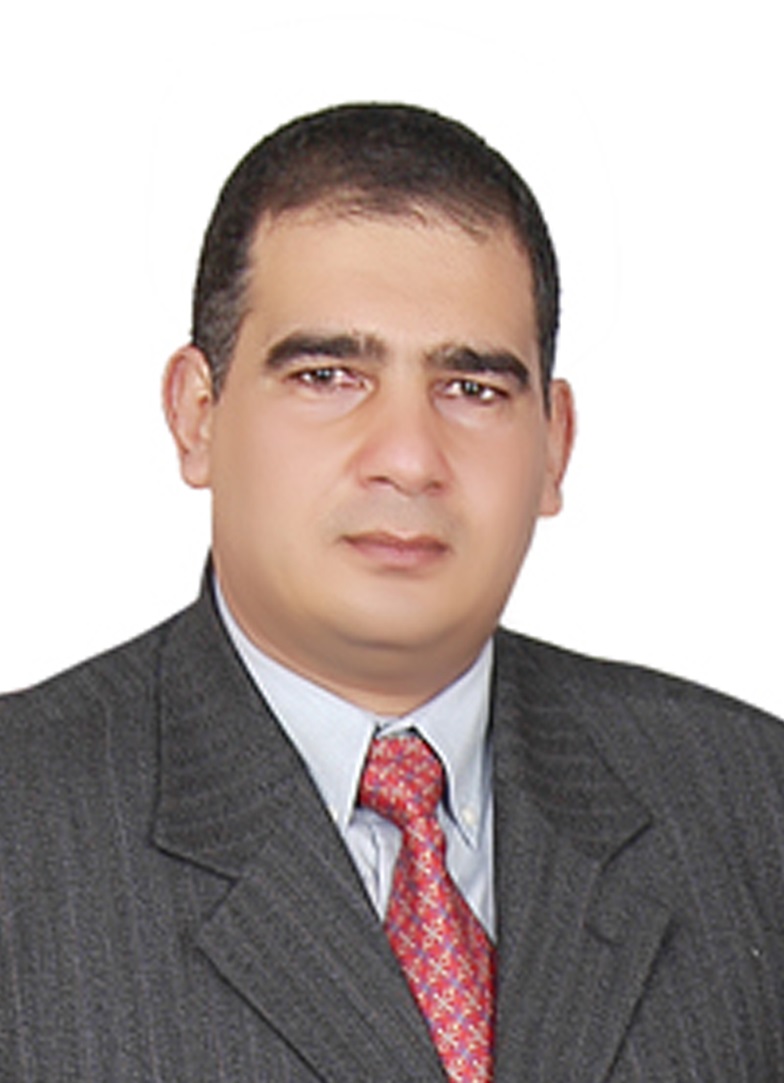Dr. Mahfouz, PhD, P.Eng, has been appointed Chair of Department of Construction and Building Engineering since 2014. He graduated with a B.Sc. in Civil Engineering Dept., Military Technical College MTC, Cairo, Egypt. He awarded the MSc. In 1993. Dr. Mahfouz acquired his PhD Degree in Civil and Environmental Engineering in 1999 from Bradford University, UK. In 1999, he joined civil Engineering Dept. of MTC till he became Chair of Department. In 2008, he awarded visiting research scholar, FAMU-FSU college of Engineering. Six months later, Dr. Mahfouz appointed different positions in the Military Technical College till 2014. Dr. Mahfouz gained his Teaching Philosophy since he was student. He has observed that the best teachers were those who cared the most about teaching. This passion is one of the single most important components of effective teaching as it leads to thorough preparation, continuous evolution of teaching skills, and the happiness of watching students learn. The amount of time that he put into preparation directly translates to how the students learn. However, he recognized how students learn best at the group and individual level. His ultimate goal is to communicate new information to students, not just memorizing facts, but also to learn how to think. This process can be made more efficient when both the students and himself enjoy what they are covering. Combined, these aspects allow him to determine how a certain group of students will learn best. In my teaching experience, efficient learning by students consists of the combination of formal lecture periods, and smaller discussion sections. During lecture periods, students are exposed to a stream of organized information that will teach them the basic blocks of the subject. The impact on the student is enhanced when the lecture is given as a narrative where the information is clear and organized but presented in a softer story-like manner rather than dry lecturing. This also allows him not just to present coherent information, but also to keep a captive audience. He endeavored to convince students to understand concepts so that they may apply these concepts in a variety of situations, rather than memorize steps to solve a particular problem. He also recognized that students learn in a variety of ways, and he attempts to accommodate these methods. He encourages students to find personalized methods to understand and retain concepts, and he assists them by providing his own customized examples for explanation of concepts that elude them. In addition to different learning processes, he often finds that students must simply be given the confidence to experiment in the application of newly gained knowledge and to ask questions to promote individual thinking. Among other duties, a university professor is “rightfully†expected to conduct research and nurture the education of undergraduate and graduate students. He finds it important to carry out both activities concurrently, and ensure that experiences from research are implemented in courses for which he is responsible. Thus, students will gain from being exposed to current technology and information.

